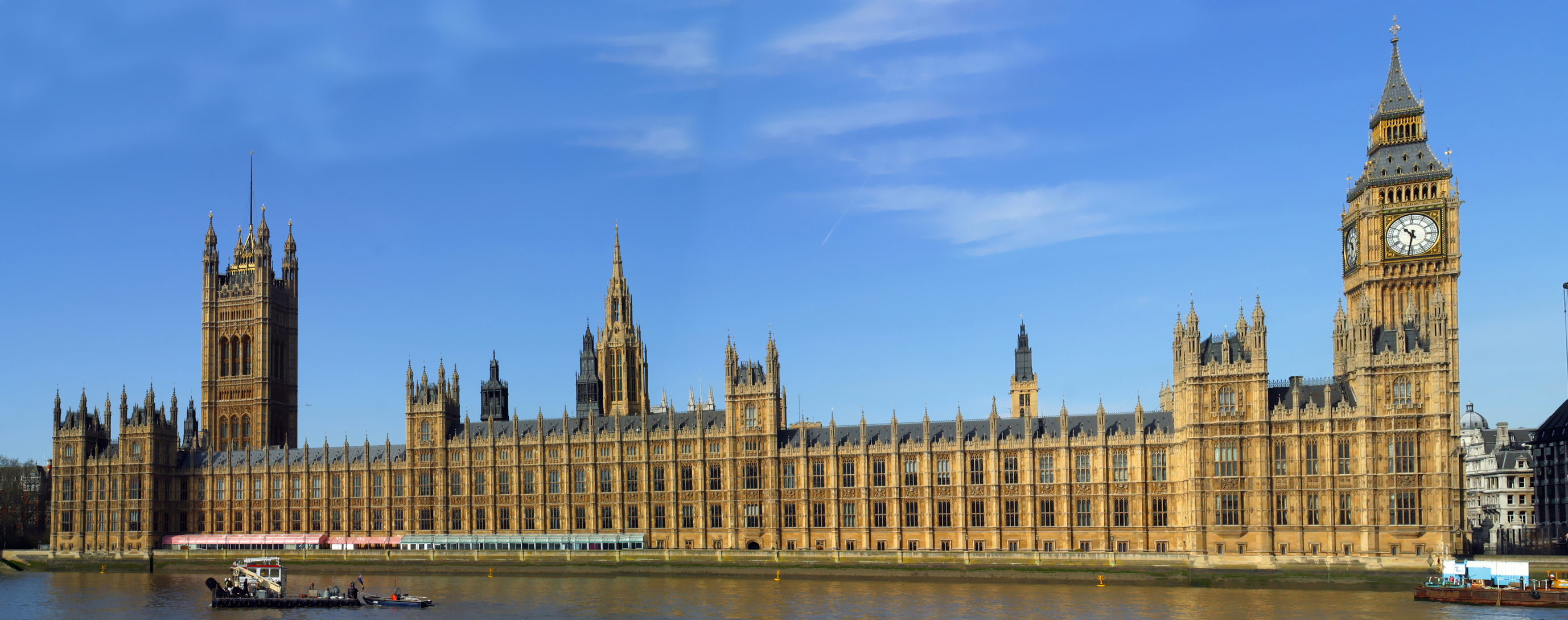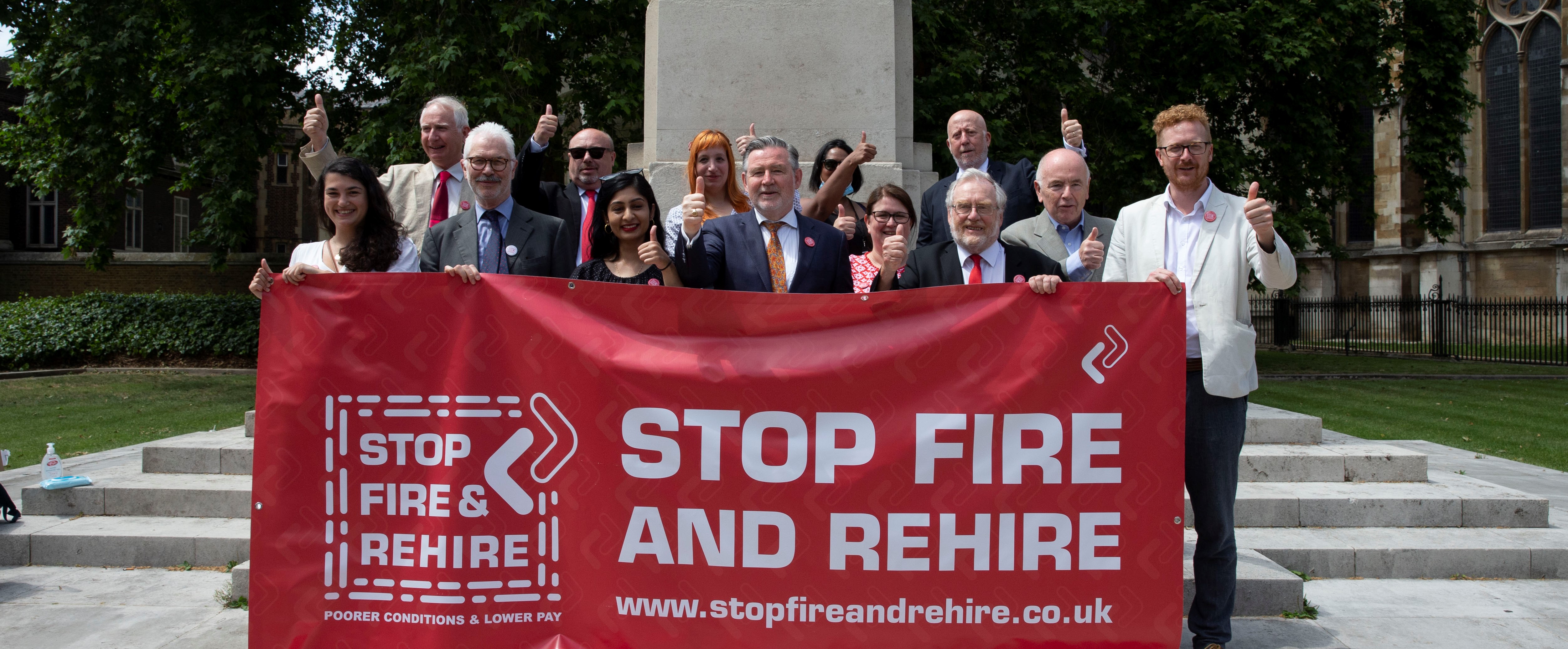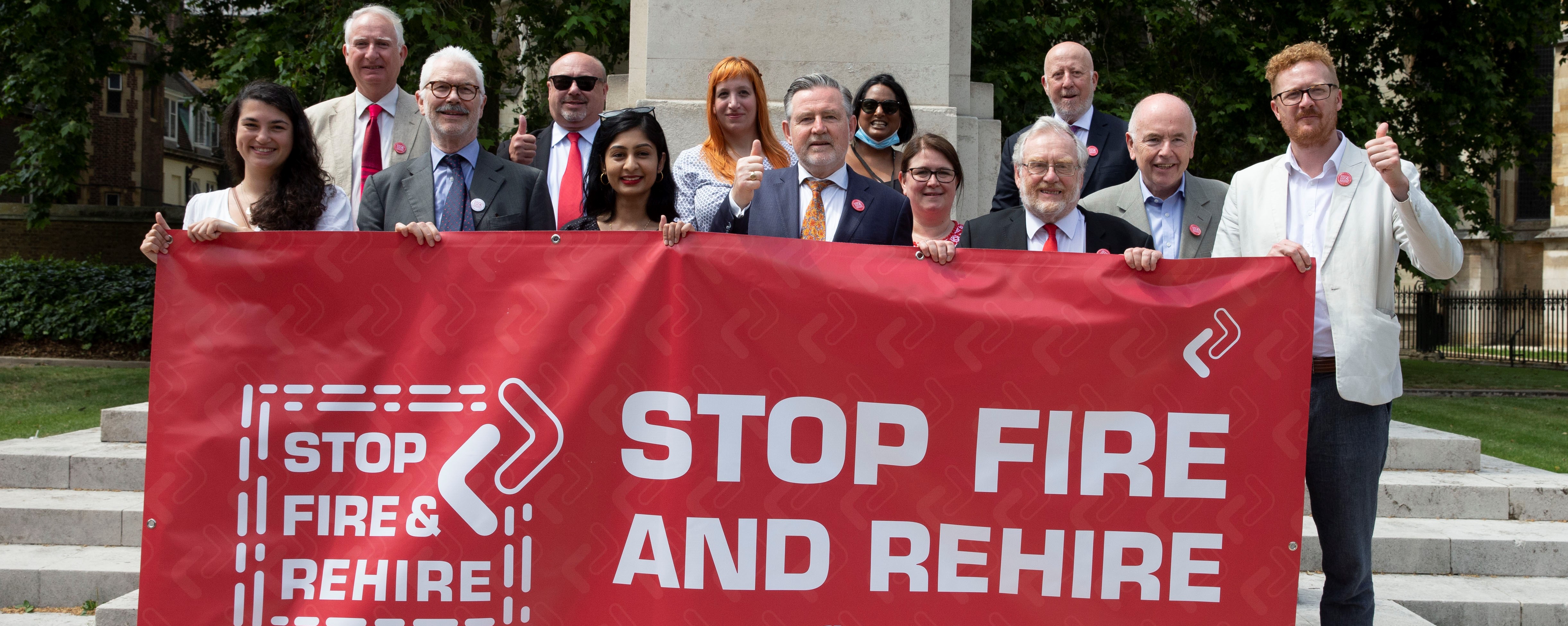â€Tories attack trade union rights’
In a victory for the trade union movement, a motion to even further restrict the right to strike for workers in defined â€critical national services’ was roundly defeated in the Commons today (January 24).
The Ten Minute Rule motion was tabled by Conservative MP for Croydon South Chris Philp and called for critical national services to include railways, operators providing buses, trams and underground railways, the National Health Service and fire and ambulance services.
If staff in such services are taking strike action, any disruption to the public would have to be â€reasonable and proportionate’ and it would be up to the High Court to decide on this. A minimum level of service during strikes in such critical national services would also be legally required.
Philp highlighted the Southern Rail strikes carried out by members in Aslef and the RMT, noting that many constituents had written to him explaining their struggles getting to work and getting their children to school.
He added that countries such as Spain and Canada have measures in place to ensure a minimum level of service for important public services during industrial action and he pointed to an Evening Standard survey in which 55 per cent of those asked said they supported such proposals.
Rejected
But MPs rejected Philp’s arguments, voting down his motion 206 to 127.
Labour MP for Cardiff West Kevin Brennan spoke in opposition to the motion, arguing that under this and the previous Tory government, trade union members have suffered attack after attack, most recently in the trade union Act, whose measures, which have not yet gone into effect, have been condemned by critics as draconian.
He condemned the motion as a “disproportionate, unnecessary and a fundamental attack on the right to strike.
“We all know that if this bill were to be allowed to proceed, it would simply be the thin end of the wedge for even more anti-trade union legislation from this Conservative government,” he said. “That’s because this is what they do when they’re in power – dogs bark, birds fly and Tories attack workers’ rights. That’s what they do.”
Brennan argued that the legislation is based on a false assumption that workers strike on a whim.
Disproportionate
“Before we talk about what’s disproportionate, it’s important to bear in mind what the proportions are,” he said. “There were 106 strikes in the last year we have figures for in 2015 – an eighth of the number of strikes in 1985. 81,000 people went on strike – the lowest level since records began in 1893.”
He told of Unite mixed fleet crew’s ongoing dispute against British Airways, in which workers are fighting poverty pay, earning £16,000 a year including allowances, while top boss Willie Walsh raked in £6.5m last year.
“That,” Brennan said, “is the very definition of disproportionate.”
He went on to say that today’s motion was a needless one, considering that strike action is already highly regulated – in the trade union Act, whose measures will likely go into effect at some point this year, higher ballot thresholds have been implemented for trade union members working in important public services.
Welcomed
Brennan welcomed today’s vote.
“As I said in the House of Commons, dogs bark, birds fly, and Tories attack workers’ rights,” he told UNITElive. “I am delighted that we were able to defeat this latest attack on the basic rights of workers from the Tories.”
Unite assistant general secretary Steve Turner likewise hailed today’s vote.
“Today’s motion was voted down by a wide margin – it shows that MPs have had enough of this government’s sustained attack on workers and the trade unions that represent them,” he said.
“Trade union members working in public services are always sensitive to how any industrial action may affect the public – strike action is always a last resort,” he added. “In fact, many disputes arise precisely because members are concerned about delivering a safe, reliable service to the public they serve.”
“We welcome that MPs today saw sense – we applaud their decision to resist further erosion of the fundamental right to strike. We at Unite will continue to stand up for working people and actively oppose any attempts by this government further restrict this right.”
 Like
Like Follow
Follow


